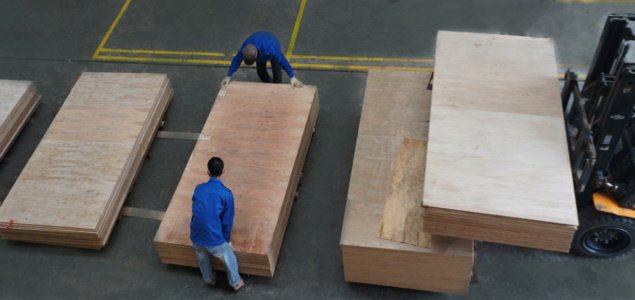The Austrian Wood Industry Association wholeheartedly supports recent government measures to strengthen timber construction, emphasizing its pivotal role in sustainability and as a primary construction material. Aligned with environmental goals, Chairman Herbert Jöbstl highlights wood’s carbon sequestration benefits. The comprehensive approach, including increased reliance on wood in public projects and accessing additional funds, promises economic growth, job creation, and significant contributions to climate protection. This initiative underscores a commitment to environmentally conscious building practices and growth in Austria’s timber sector.

The Austrian Wood Industry Association enthusiastically embraces and supports the strategic measures set forth by the federal government during the Council of Ministers meeting held on December 13, 2023. These decisive actions aim to bolster and elevate the prominence of timber construction within the national framework. The Association views these initiatives as pivotal steps towards fostering sustainable practices, promoting the utilization of timber resources, and further fortifying the position of wood as a primary material in construction. The collaborative efforts between the Wood Industry Association and the government signify a united commitment to advancing environmentally conscious building practices and promoting the growth of the timber sector in Austria.
The renewed emphasis on the importance of wooden construction and wood products in achieving climate goals is being conveyed by the federal government, as articulated by Herbert Jöbstl, the chairman of the Austrian Wood Industry Association. Jöbstl notes with satisfaction, “The sequestration of carbon in enduring wood-based products holds particular importance in this context.” The commitment from the federal government encompasses a broader initiative to promote an increased reliance on wood in various public construction projects, including but not limited to schools and kindergartens. Furthermore, the government is recommending that states and municipalities explore tapping into additional funds from the Future Fund to actively support and further advance timber construction initiatives across the nation.

In addressing the prevailing challenges within the construction sector, this comprehensive set of measures is noteworthy as a commendable economic policy decision. Beyond its immediate environmental implications, the enhanced utilization of wood is anticipated to play a pivotal role in reinforcing regional value chains, fostering economic growth, facilitating job creation, and contributing significantly to climate protection efforts. This multifaceted approach aligns with broader sustainability goals and underscores the holistic impact of promoting wooden construction practices in Austria. Herbert Jöbstl concludes by emphasizing the symbiotic relationship between the expanded use of wood and the positive outcomes for regional economies, job markets, and the overarching climate protection agenda.
Source: holzindustrie.at




